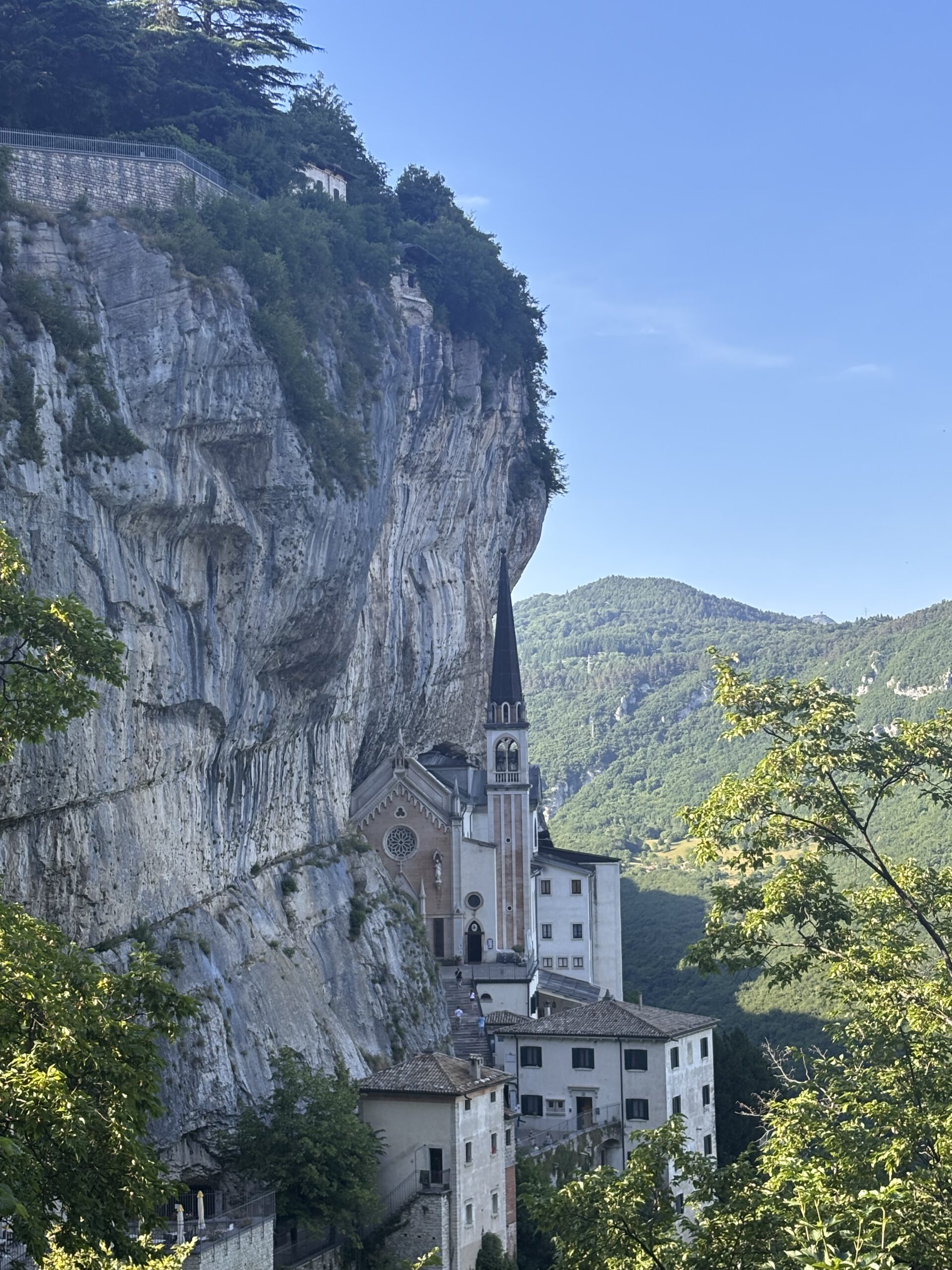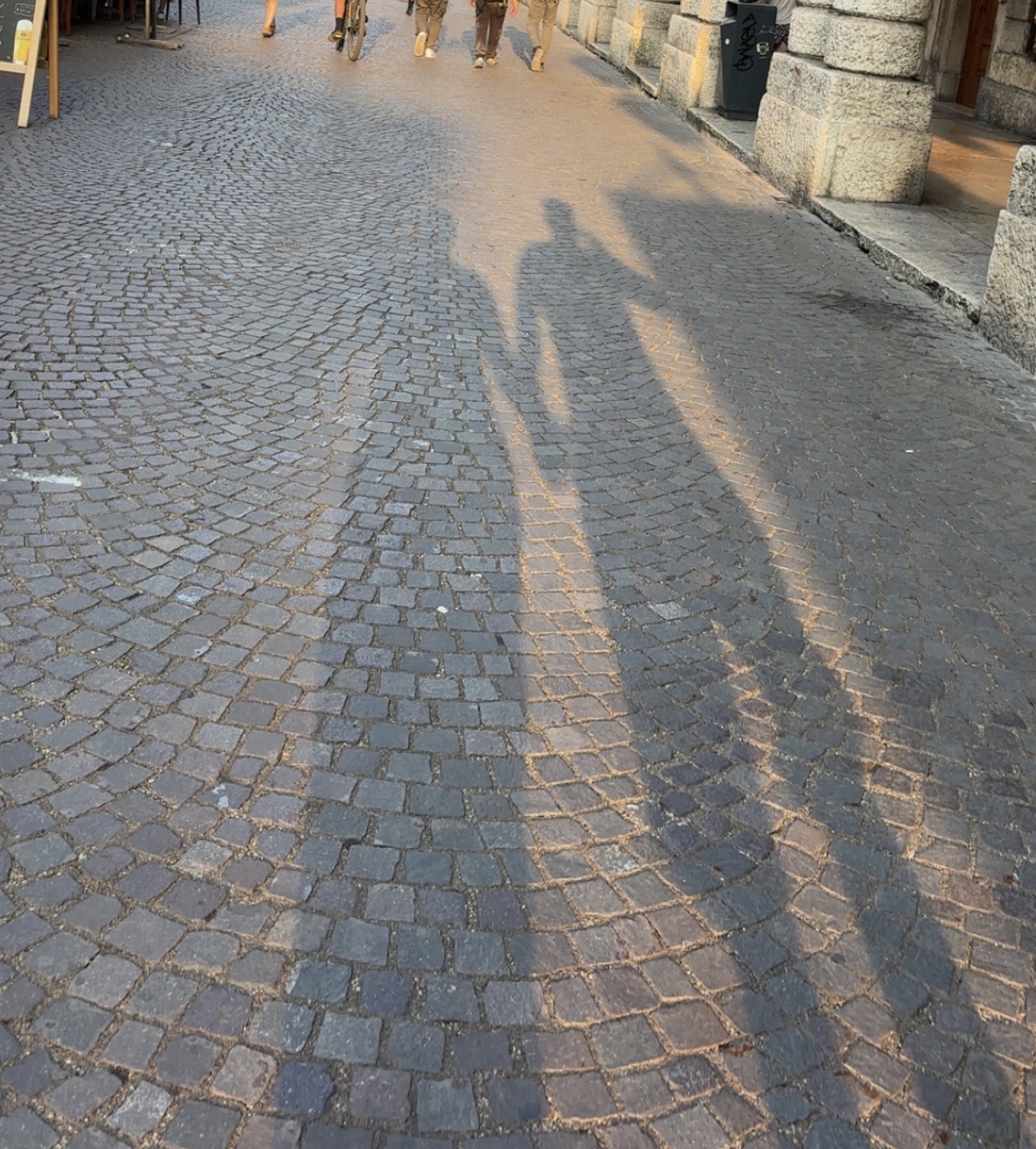The August sun beat down on Rome with merciless intensity, turning the city into a furnace. Matteo, found little joy in the impending celebrations of Ferragosto. To him, it was nothing more than a gaudy display of wealth and power by the city’s elite, a stark contrast to the struggles faced by the common folk. As the son of a respected scribe, Matteo possessed a keen eye for detail and a deep sense of justice, qualities that made him acutely aware of the inequalities plaguing Roman society. Matteo’s eyes scanned the crowded streets, his jaw clenched in frustration. He watched as vendors hawked their wares to revelers, while his neighbors looked on with empty pockets.
As the festival began, Matteo wandered through the crowded streets, his heart heavy with disillusionment. Amidst the revelry, he noticed a woman standing apart from the crowd, her eyes filled with a similar sense of detachment. He knew from whispers in the street that her name was Vittoria.
As Vittoria navigated the crowded streets, her footsteps seemed to anchor Matteo, her calm demeanor a counterbalance to the festive chaos. When he raised an eyebrow at the gaudy decorations, she smiled knowingly, her eyes crinkling at the corners. “This isn’t what Ferragosto is about,” she said, her voice low and smooth.
She led him through narrow alleys, the scent of fresh flowers and baking bread wafting through the air. They stopped at small shrines, where offerings of fruit and wine adorned makeshift altars. Vittoria lit a candle, her fingers tracing the intricate patterns on the votive. “Our ancestors believed the earth needed honoring,” she said, her gaze drifting upward, as if seeking blessing.
Matteo watched, intrigued, as Vittoria interacted with the vendors and performers. She laughed with a juggler, her shoulders shaking, and exchanged warm words with an elderly woman selling handmade crafts. As the sun dipped low, casting a warm glow over the city, Vittoria took Matteo’s hand, her touch sparking a sense of connection. Together, they joined the celebrations, the rhythms and laughter weaving a spell around them.
As Matteo and Vittoria wove through the crowded market, the scent of fresh bread and ripe fruit filled the air, but beneath the festive atmosphere, tensions simmered. Vittoria’s eyes narrowed as she watched a group of vendors argue over scraps of bread. “The prices are outrageous,” one of them spat. “We can’t afford to feed our families.”
Matteo followed her gaze to a nearby stall, where a burly man in a senator’s toga smiled blandly as he accepted a hefty bribe from a hooded figure. Luciano Vieri’s name whispered among the crowd, accompanied by muttered curses. Vittoria’s grip on Matteo’s arm tightened. “Something’s rotten,” she whispered.
That night, in the shadows of a deserted alley, Vittoria confronted Matteo. “We can’t just stand by and watch,” she said, her voice low and urgent. “The people are suffering, and Vieri’s behind it.” Matteo’s eyes locked onto hers, the weight of their decision hanging between them.
They knew that speaking out would be dangerous, but they couldn’t stand idly by while Vieri exploited the festival and the people it was meant to celebrate. With a sense of determination, they resolved to uncover the truth and bring the senator to justice.
Matteo and Vittoria began gathering evidence, seeking out those who had been affected by Vieri’s schemes. They spoke to farmers who had been forced to sell their crops at unfair prices, merchants who had been threatened into silence, and ordinary citizens who were struggling to feed their families. As they pieced together the puzzle, they realized the extent of Vieri’s corruption and the far-reaching consequences of his actions. With the help of a few trusted allies, they devised a plan to expose Vieri during the height of the Ferragosto celebrations. They knew that they had to act quickly, before Vieri could further tighten his grip on the city.
On the final day of Ferragosto, as the city gathered for the grand feast, Matteo and Vittoria stepped forward to confront Vieri. As they stood before the crowd, their words hung in the air like a challenge. The senator’s supporters shifted uncomfortably, their eyes darting towards Luciano Vieri, who sneered with calculated confidence. But Matteo and Vittoria were undeterred, presenting their evidence with precision and passion.
Vittoria’s voice rang out, her words painting vivid pictures of the suffering people. “We have testimonies from those who were forced to pay exorbitant prices for bread, from families who went hungry so that Vieri’s friends could profit. We have records of grain shipments diverted for personal gain, of bribes taken and favors sold.”
Matteo took over, his eyes locking onto individual faces in the crowd. “We demand justice, not just for those who suffered, but for the future of our city. We will not stand idly by while corruption undermines our values and our laws.”
The crowd’s murmurs grew louder, a wave of indignation building as they realized the extent of Vieri’s treachery. Some called for his impeachment, others for his head. The senator was boiling with anger, his face a picture of suppressed fury, but Matteo and Vittoria stood firm, their courage and conviction inspiring the crowd to demand accountability.
In the end, the senator was stripped of power, the lictors stepped forward to escort him out. his toga torn and disheveled.
The crowd jeered and spat at him, their indignation and anger boiling over.
The senator was taken to the Tullianum, the ancient Roman prison, where he would await trial and likely face severe punishment. The Roman law was clear: those who betrayed the trust of the people would face the full force of justice.
his schemes were thwarted by the bravery of two ordinary citizens. Matteo and Vittoria became symbols of hope and change for the community, inspiring others to stand up against corruption and fight for a better future. They helped restore the true spirit of Ferragosto, emphasizing unity, gratitude, and respect for the land and its people. As the Ferragosto celebrations continued, Matteo and Vittoria stood together, bathed in the warm glow of fireworks and the soft light of lanterns. The sound of laughter and music filled the air, mingling with the scent of roasting meats and freshly baked bread. They exchanged a glance, their eyes shining with a deep sense of satisfaction and pride.
Matteo’s arm brushed against Vittoria’s, a gentle touch that spoke volumes about their shared triumph. Together, they watched as families danced in the streets, their footsteps weaving a lively rhythm on the cobblestones. The atmosphere was electric, charged with the knowledge that justice had been served.
As they stood there, the whispers of Ferragosto seemed to take on a new meaning. The phrase, once associated with summer’s peak and the festivities that came with it, now echoed with the significance of their actions. The power of truth and justice had been celebrated, and Matteo and Vittoria had been its catalysts.
Their footsteps merged with the crowd’s as they walked through the streets, the night air filled with the sound of joyful chatter and music. The stars above twinkled like diamonds, a celestial reminder of the infinite possibilities that lay ahead. In this moment, Matteo and Vittoria knew that their bond, forged in the fire of adversity, would endure forever.
The end.
This story was created in Tignale, a charming town on the western shore of Lake Garda, in the picturesque province of Brescia, Lombardy, northern Italy.
Picture is taken at Santuario Madonna della Carona.



